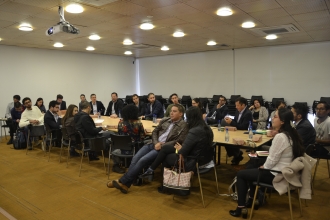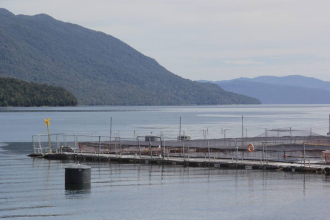Context Matters: Exploring the Cost-effectiveness of Fixed Payments and Procurement Auctions for PES
Successfully implemented payment for ecosystem services (PES) programs can provide both conservation of nature and financial support to rural communities. In this paper, we explore how PES programs can be designed so as to maximize the amount of additional ecosystem services provided for a given budget. We also provide a brief summary of the use of auction mechanisms in real world PES programs.


